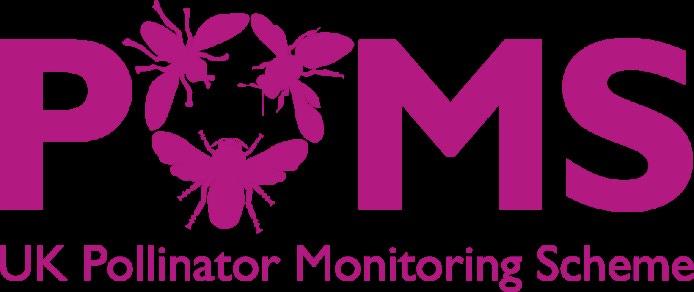
2 minute read
Innovative projects Through Partnership
JNCC has collaborated with partners in Mozambique and Angola on two innovative projects as part of The Reducing Pollution Through Partnership (RPTP) programme, a UK Official Development Assistance (ODA) pollution scoping programme from 2021–2022. The projects were funded by the UK’s Department for Environment, Food & Rural Affairs (Defra) and delivered by JNCC to work with lowmiddle income countries to raise awareness of chemical use and to manage air, chemical and waste pollution in the local environment.
Both projects have informed the development of a three-year Official Development Assistance Environmental Pollution Programme to be delivered by JNCC from 2022-2025.
Fighting Pollution with Art in Mozambique
This capacity building project used various art forms to promote awareness of pollution and its impacts on the environment, particularly biodiversity loss. Fighting Pollution with Art comprised of several partners in Mozambique, including the University of Eduardo Mondlane (UEM) school of Communication and Arts; the Centro de Direito do Ambiente da Biodiversidade (CEDAB), an environmental law department within the UEM Faculty of Law; the UEM Botanical Gardens; environmental organisations Eco+ and Geração Consciente; and an independent playwriter/actor.
Project goals included: raising awareness of pollution and its impacts on the environment; increasing understanding of environmental law relating to pollution in Mozambique; promoting biodegradable alternatives to plastic packaging, sharing knowledge on using organic waste for growing food; promoting recycling and establishing a recycling system at UEM, planting indigenous trees; and initiating a fruit tree community management project. This multi-layered approach reached a wide audience, enabling the project to achieve a greater impact.
A play script about pollution and the related environmental and social and economic impacts was produced by partners earlier in the RPTP programme. The script was designed to be thought provoking and interactive. Audience members were invited to contribute to a debate about solutions to a pollutionfocused scenario. The play involved teachers and students from the UEM school of Communication and Arts and was performed in two cities in different provinces, Maputo and Xai-Xai. The performances were positively received and reported in the national newspaper. A video of the play is being produced by the UEM School of Journalism and will be broadcast on UEM media platforms.
Eco+ advertised biodegradable sustainable alternatives to single-use plastic packaging on a billboard and this led to the organiser of the ‘Fancy International Fashion Show’ reaching out with interest in using the products. The show took place in September 2022 using biodegradable materials, such as paper bags instead of plastic. Eco+ held meetings with organisations in the tourism industry, such as restaurants and hotels, promoting the products and encouraging their use, with several companies agreeing to make the switch. Eco+ also developed content for a composting training course, teaching people how to use biodegradable materials and other organic waste to grow plants. Next steps will continue the campaign of biodegradable products and the training for new cohorts.
CEDAB gathered information from local communities and industries about their rights and duties to fight, prevent and treat pollution. A guidance document was created and CEDAB made several recommendations for next steps, including introducing incentives to promote solid waste management and strengthening pollution monitoring and control regulations for institutions.










